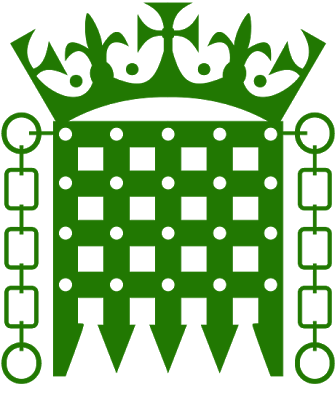TIMES RED BOX: Energy efficiency can help reduce bills and keep them low

Energy bills are firmly at the top of the new Prime Minister’s inbox as they are at the top of many households’ concerns. With an emergency budget in the coming days, we need to see a ramping up of short-term protection for the most vulnerable this winter, but also a recognition that this problem is not going away and will be with us for the following winter and beyond.
The scale of the challenge is massive. Energy bills will be up by 80% to £3,549 from October and industry analysts predict this could rise to £6,616 in April 2023.
With the pandemic still weighing heavily on the public purse, we need pragmatic, targeted, cost-effective solutions. The British public will rightly expect a coherent, long-term plan for getting out of this.
We should start with providing some basic, valuable advice on things like dialling down boiler temperature by a few degrees and adjusting the boiler flow rate. This was just one of the recommendations the 1922 BEIS sub-committee, that I chair, made in a report earlier this year, to help us manage our energy demand.
Research from analysts due out in the coming days is expected to show that investment in insulation by the government would be cost neutral, or indeed a net benefit to the public purse before the end of the parliamentary term. Basic loft and cavity wall insulation which are relatively cheap to install are still missing from millions of homes. But particularly now, people need help with upfront costs. These simple steps conserve heat, reduce bills by several hundred pounds a year and could effectively pay for themselves by reducing the burden on Treasury to support otherwise higher bills in the future. Essentially, the payback under these high gas prices is phenomenally quick.
Although not all government attempts to design energy efficiency programmes have been successful, the Energy Company Obligation, run by energy retailers, has been plugging away over the past decade improving 2.3 million homes. Companies are calling for an expansion, ECO+, and suggest that 500,000 homes could benefit this winter with a further million next year. The energy industry says the supply chain is there to support this ramp up and, at a time of economic disquiet, this means thousands of jobs for small construction companies all over the country.
Cutting bill levies funding energy efficiency programmes in the past had the laudable aim of slightly reducing energy bills, but in hindsight this was a costly error. Let’s learn from last time and build for the future.
One thing is for sure, we cannot sustain billions of pounds of bill bailouts over the coming winters paying for heat that then escapes through walls and rooves. We need a long-term plan and energy efficiency needs to be at the heart of it. And this in turn will start to help us get a grip on inflation.
In a similar vein, bringing forward the Future Homes Standard from 2025 to next year would put an end to us building ever more inefficient homes. The housebuilders might squeal but at a time of crisis they will need to see the bigger picture.
Add to this decoupling the cost of cheap renewable energy from gas power which currently sets the price for electricity, and a shift to smart meters which enable better market dynamics of supply and demand in the power system, and a plan is starting to form to bring down bills permanently.
As we look around the world to see rivers running dry in Europe and China, horrifying flooding in Pakistan covering a third of the country and drought in the UK with farmers struggling to grow crops and our potato harvest halving, it is good to know these are also net zero policies. We won’t stop climate change getting worse unless we stop adding emissions to the atmosphere. Boris Johnson is right that cutting bills, creating greater energy security and delivering net zero are one and the same.
As Conservatives, we are at our best when we are pragmatic and focussed on getting the job done. Conserving energy is a Conservative approach to this crisis and we must grip it.





